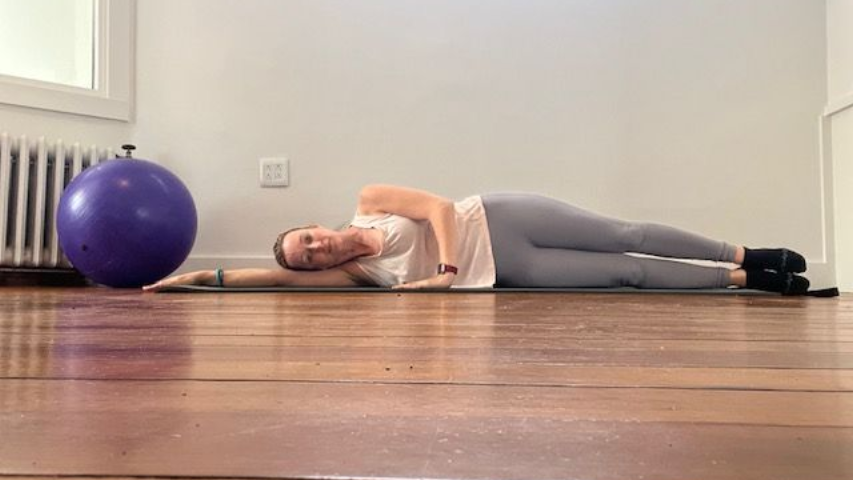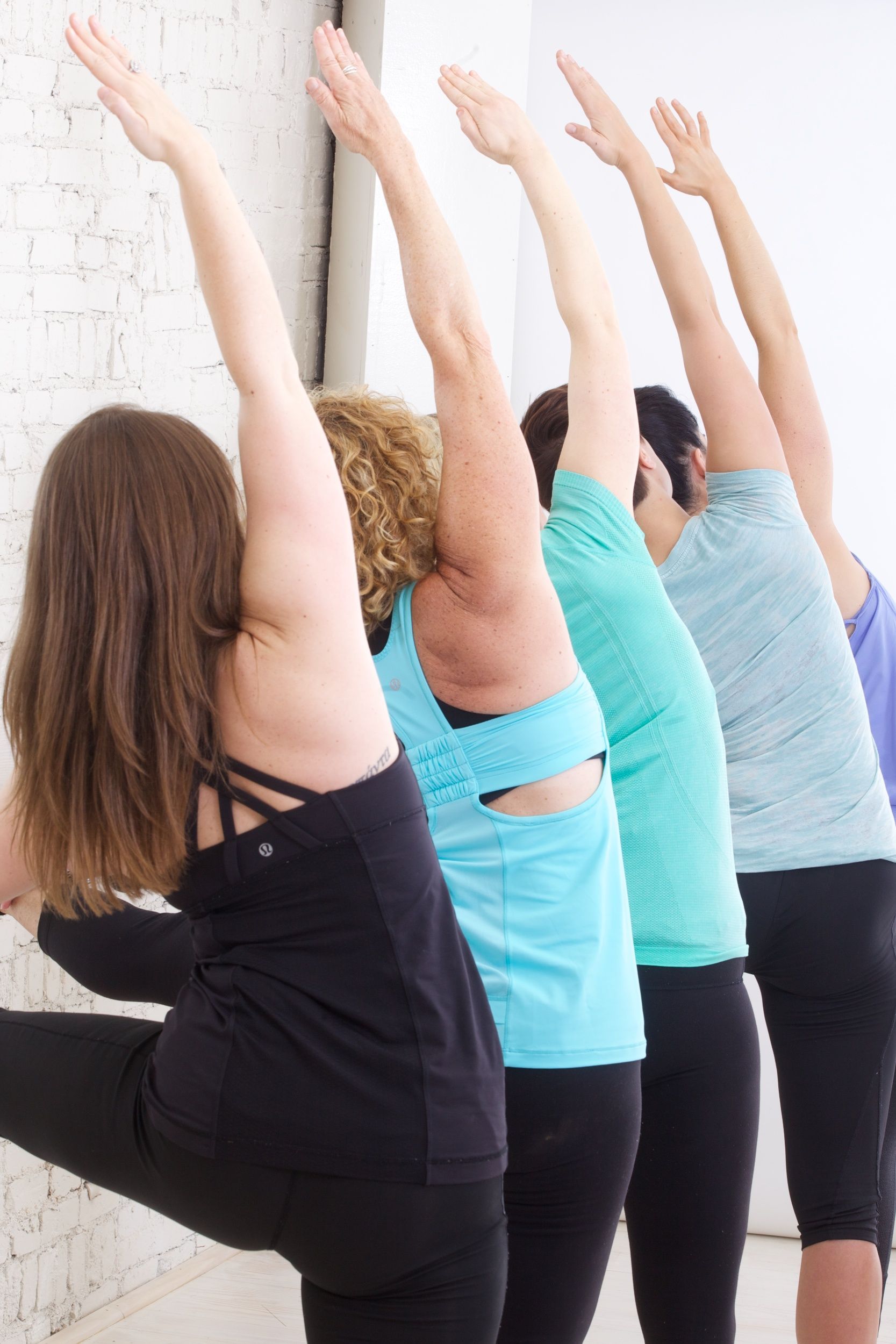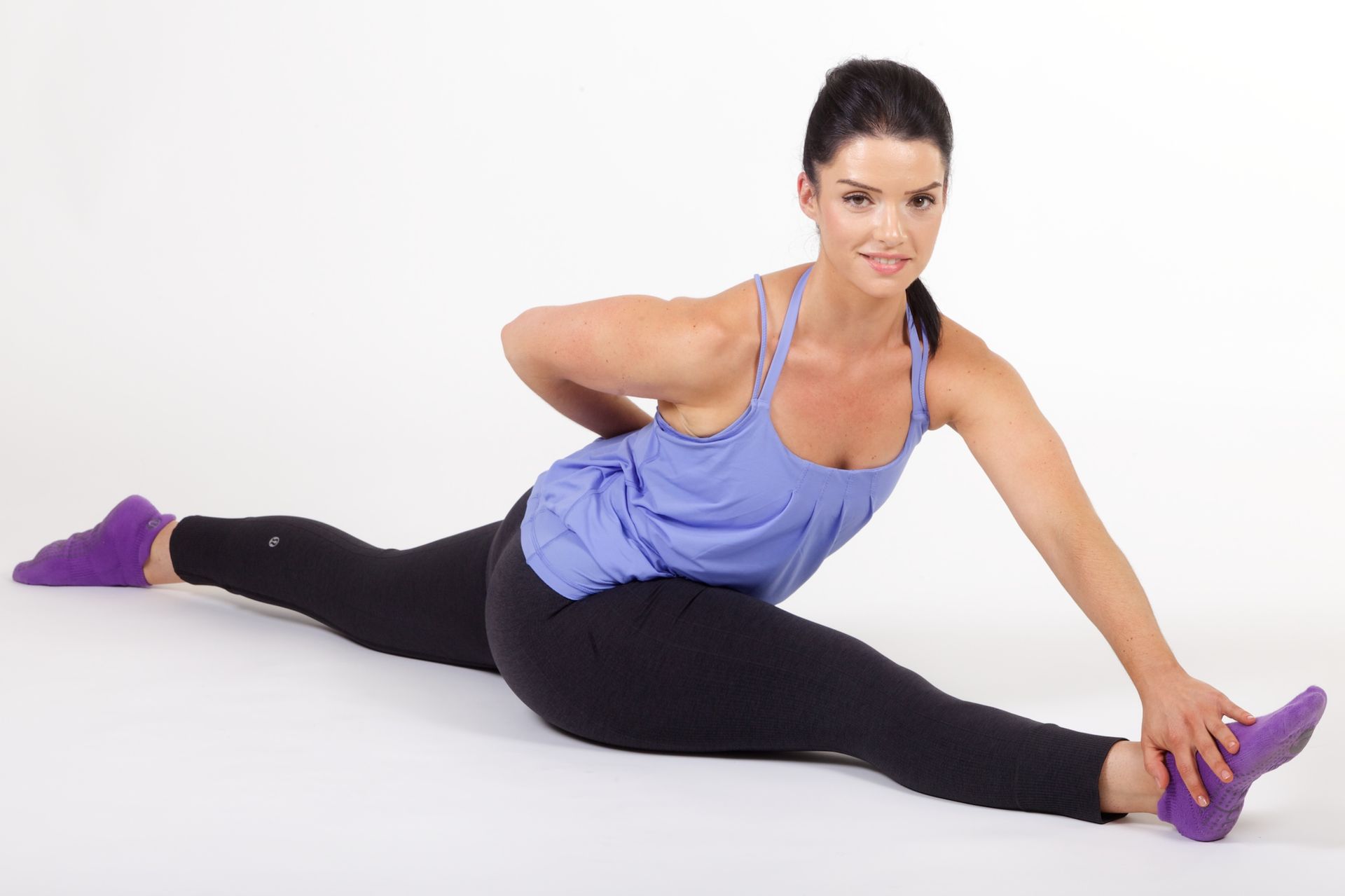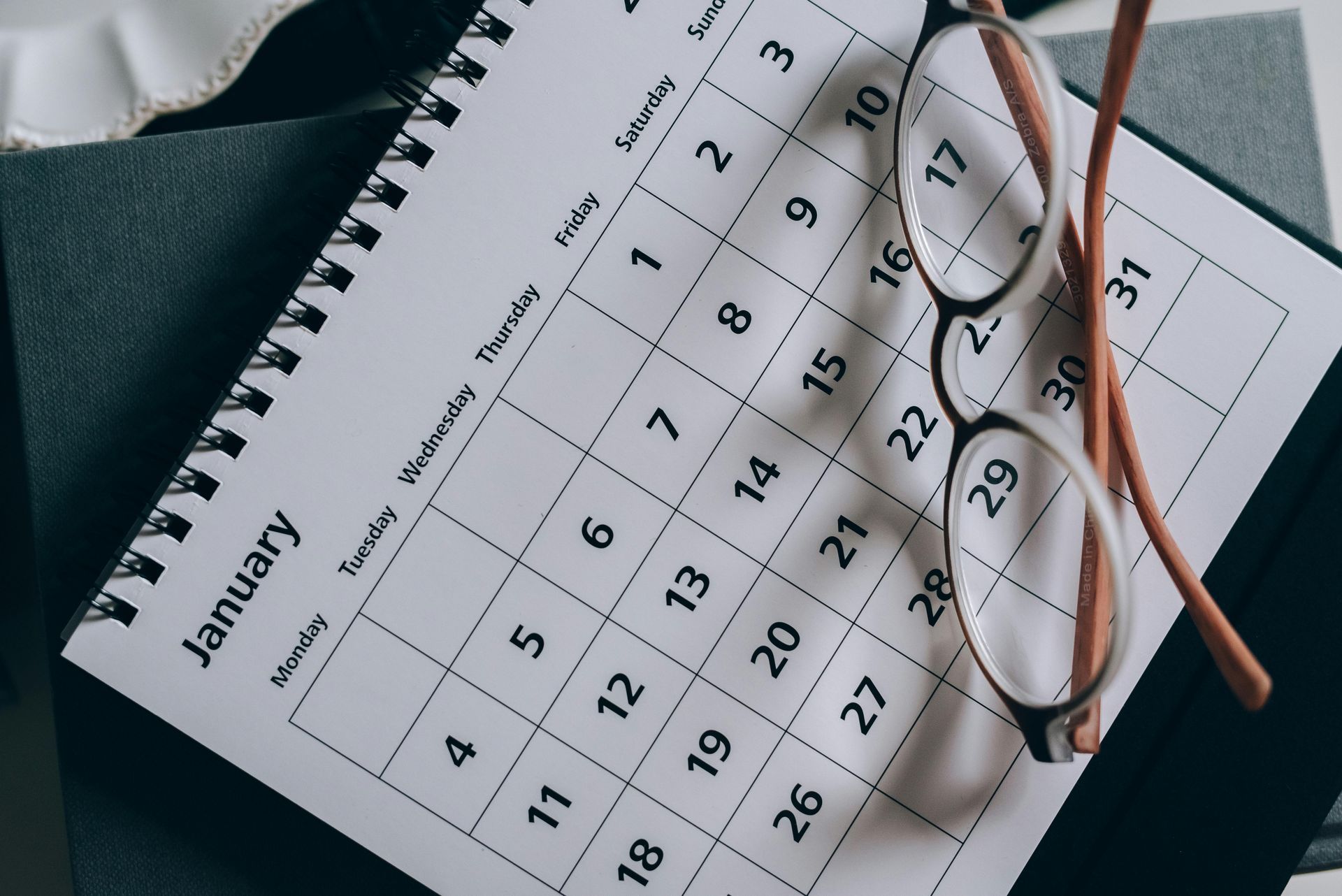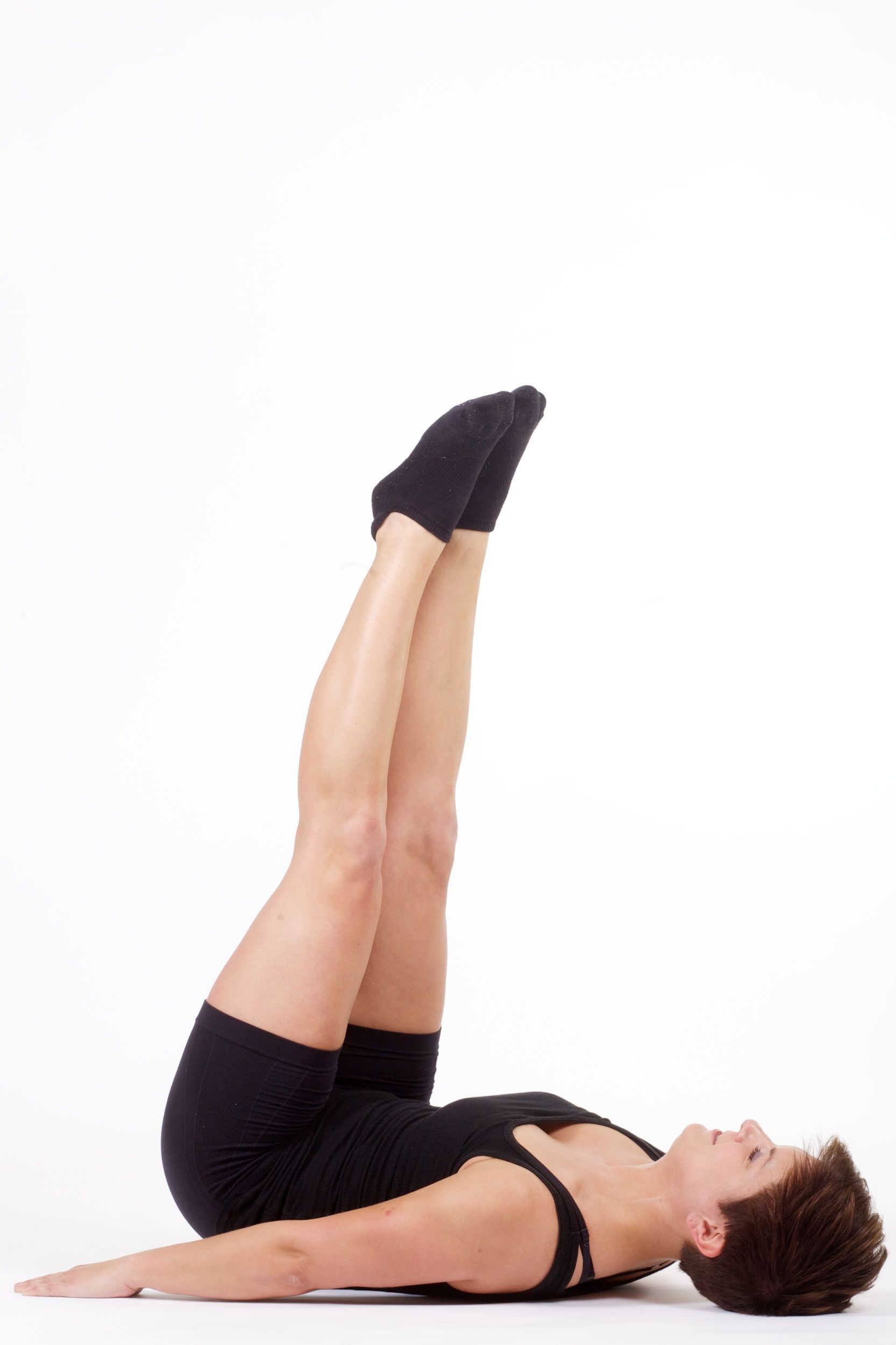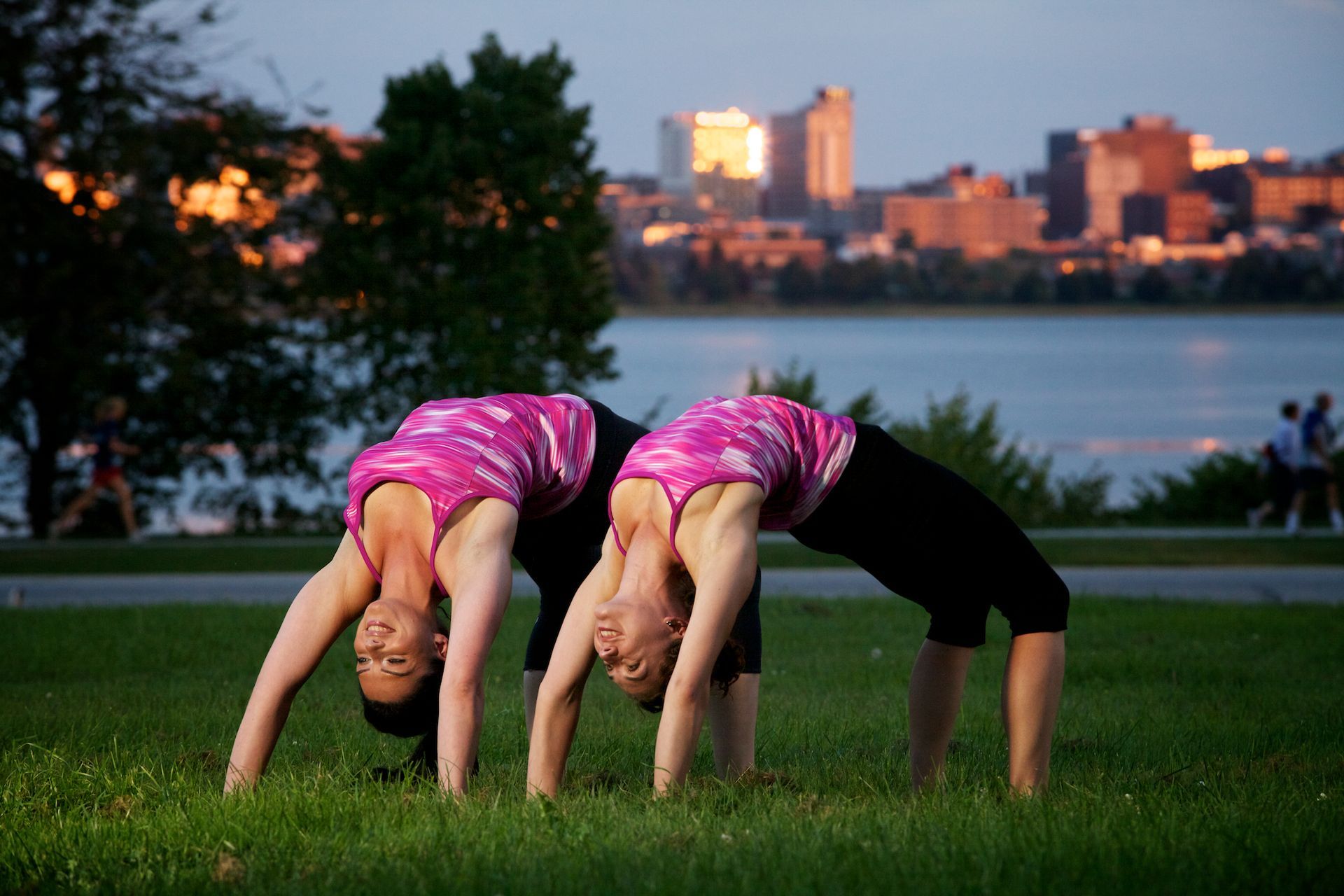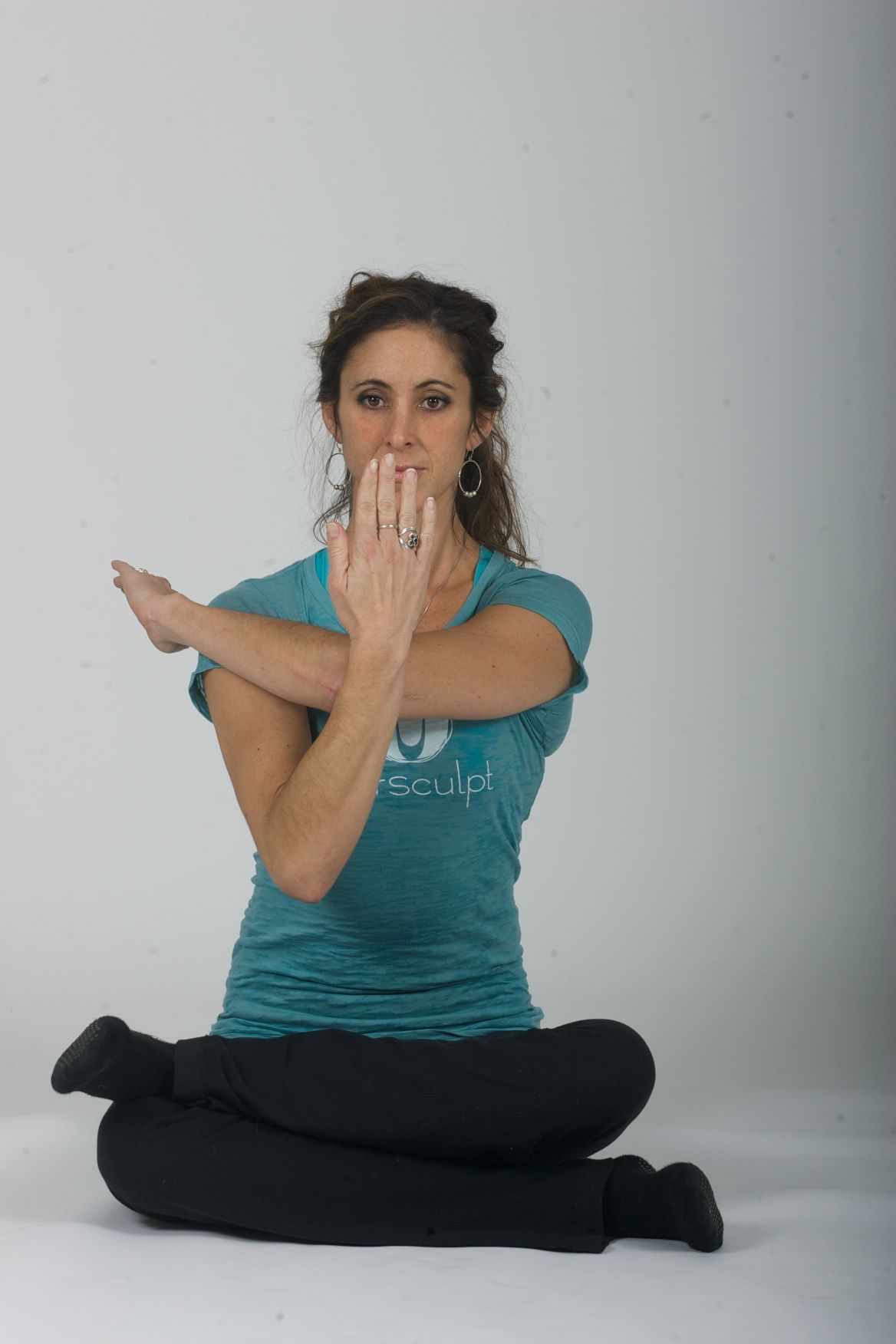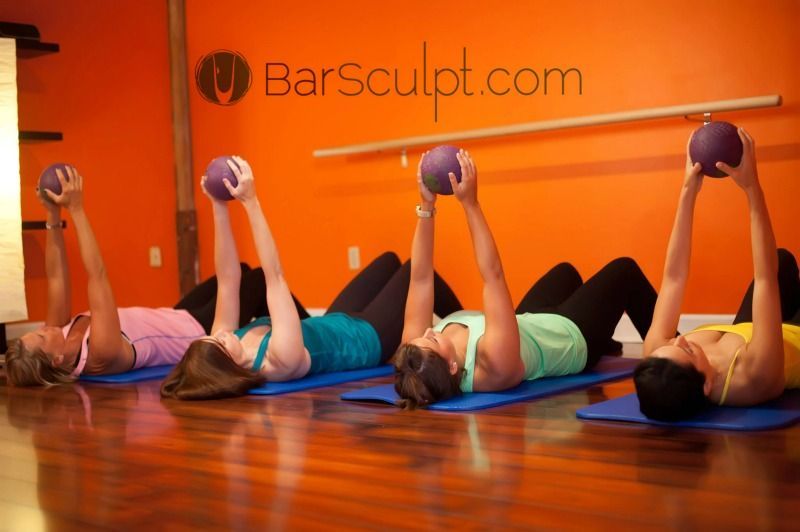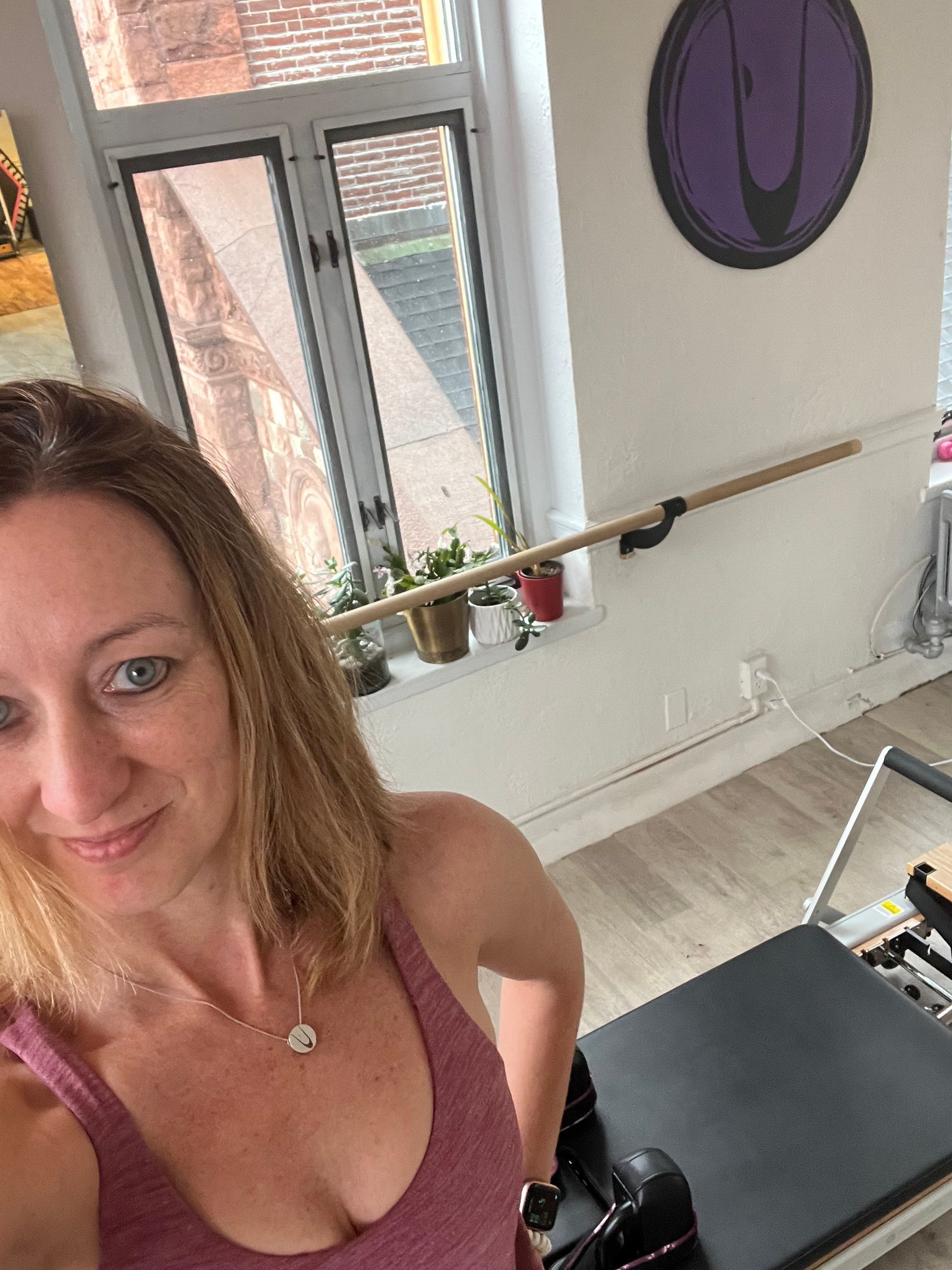When the Show Can’t Go On: The Emotional Load of Being “On” as a Barre and Pilates Teacher
Why we need to plan for emergencies, protect our energy, and remember that teaching movement is not just physical work—it’s emotional labor.

This morning started out like any other. I woke early, dressed in layers, grabbed my coffee, and headed to Portsmouth’s waterfront for my 7am barre class. These classes have become a rhythm in my life—a way to ground my day, serve my community, and warm up my own body before teaching my 8:15am Reformer class. With the tight timing between my two classes and my commute, I’ve been teaching that early class in a public park. But today, the skies didn’t cooperate. It was raining, and I had to improvise.
So I sat in my car and taught virtually from the driver’s seat, cueing through a barre class without visual demonstration—something I can do pretty seamlessly after two and a half decades of teaching. I kept my tone upbeat, used precise language, and held the space like I always do. Teaching, even in a parked car, requires a presence—a performance of sorts. You don’t bring your stuff with you. You give your all, and your clients never really know if you’re having a hard day unless you choose to tell them.
And then my Apple Watch buzzed.
It was my mom.
I didn’t answer the first time. It buzzed again. And again. On the third call, I stopped what I was doing.
I looked at my advanced Reformer class—eyes on me, waiting—and said, “I have to take this call.”
What happened next is hard to write, harder to live through, and nearly impossible to process while standing in front of a room full of people expecting you to cue their hamstring curls.
My mother, in hysterics, told me that her best friend Georgia had died. Georgia, who is also the mother of one of my best friends. Georgia, who has been a fixture in our lives. Georgia, who is now gone.
I told my mom I loved her. I told her I would call her back. And then I turned to my class.
The Demand of Performance in Movement Teaching
If you’re not a Barre or Pilates teacher, it might be hard to understand the level of performance we’re expected to give every time we lead a class. And yes, I use the word “performance” intentionally—not because we’re faking anything, but because we’re required to be energetically present, communicative, precise, motivating, watchful, and on at all times.
We don’t get to walk into class and say, “Hey guys, I’m having a rough day, so I’ll be behind my desk if you need me.”
We don’t get to close our office door and cry.
We don’t get to go to the bathroom and collect ourselves when a call like the one I got this morning comes in.
We’re front and center. Eyes are on us. And more than that—people rely on us to hold the container. For many, we’re the most encouraging voice they hear all week. Our job is part education, part motivation, and part emotional regulation—not just for our clients, but for ourselves.
So today, when I hung up the call, I knew I couldn’t do it. I couldn’t continue teaching.
And I knew I needed help.
The Importance of Emergency Plans
I texted my manager. Asked her to cover my remaining day. Two more classes. Two privates. I couldn’t fake it. Not today.
And the truth is—I shouldn’t have to.
In my 25 years of teaching, I’ve learned this lesson before. One of the most unforgettable moments happened decades ago, when I was teaching at the Lotte Berk Method in New York. My manager, Fred DeVito, walked into my class and gently tapped my arm. I walked over, concerned, and he said, “You need to go make a phone call.”
He took my mic and finished the class for me.
The call was to tell me my father had been in a car accident trying to make it home to Maine. I didn’t get there in time.
Fred’s presence and quick thinking meant I didn’t have to keep teaching after getting the worst news of my life.
If you’re a studio owner, a teacher, or even a solo practitioner—please, have a plan. Know who can take over for you. Know how to bow out gracefully, or not so gracefully. Create a team, even if you’re freelance.
And if you’re a student—please, show your teacher grace.
Teaching Is Not Just Physical Work—It’s Emotional Labor
Let me be clear: I love my job. I love my clients. I love helping people move better, get stronger, and feel more connected to their bodies.
But teaching movement isn’t just a technical skill. It’s emotional work. It takes every ounce of your focus, clarity, and grounded energy to show up and lead. It means giving feedback. Adjusting clients. Motivating without pushing too hard. Offering modifications while cueing the entire class.
And that’s on a good day.
On a day like today? It feels impossible.
Because when your heart is breaking, it’s not just hard to say the words—you can’t even access the mental clarity to cue movement patterns, let alone correct form or offer encouragement.
I told my mother this morning, “I don’t have the kind of job where I can just go cry in the bathroom.”
That’s what we sign up for when we teach. And it’s why having backup, boundaries, and community matters so much.
How to Prepare (As Much as You Can)
If you’re a newer teacher, here’s what I wish someone had told me years ago:
- Have an Emergency Protocol
Know who you can call. Know who has your playlists, your Zoom link, your Reformer sequence. Share your schedule with one trusted colleague. Keep things accessible in case someone has to step in quickly. - Give Yourself Permission to Cancel
This one is hard. We pride ourselves on being consistent, reliable, energetic leaders. But we are human. If you get news that shatters your world, you are allowed to say, “I cannot teach today.” - Talk to Your Studio or Employer About Crisis Support
If you run a studio, implement a “Fred policy.” That means someone always knows how to step in, even if it’s just to hold space. If you’re staff, talk to your manager now—before something happens—about how emergencies are handled. - Practice Being Honest with Clients
Clients don’t need the whole story, but being honest in small ways builds trust. “I’m having a tough morning, so today’s class might be quieter, more focused.” Or “I’m not feeling 100% but I’m here, and I’m grateful you are too.” - Notice Your Own Patterns
After 9/11, I needed to teach. I needed the focus. After my dad died, I needed time. There’s no one-size-fits-all response to tragedy. Notice your tendencies and honor them.
A Final Note for the Grievers, the Teachers, and the Humans
Today, I’m not just a teacher—I’m a friend mourning alongside one of my dearest friends who just lost her mom. I’m a daughter trying to comfort my own grieving mother. I’m a woman with a full, heavy heart.
And I’m someone who believes that we do our best work when we’re supported—not when we power through, disconnect, or hide our feelings in the name of “being professional.”
The work we do matters. But Barre and Pilates aren’t open-heart surgery. No one dies if we miss a cue or need to cancel class.
So let this be your reminder: if the show needs to be canceled, it’s okay to lower the curtain.
Cry when you need to.
Ask for coverage.
Train your backups.
Let your clients see your humanity.
And teach others—by example—that showing up for your own life is more important than teaching one more perfect class.
Because while we might be used to holding it all together, we’re allowed to fall apart sometimes too.
